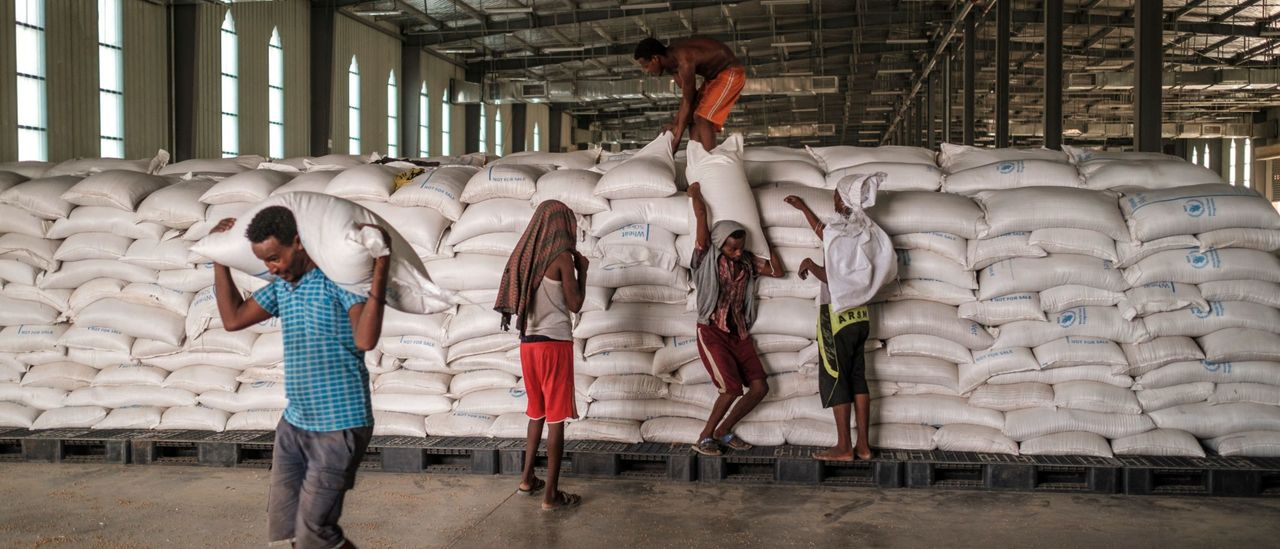The Latest News
UN Issues Dire Warning On Global Food Security

In a study issued on Wednesday, the World Food Program (WFP) of the United Nations forecasted a worldwide food crisis over the following two years.
An analysis shows, up to 2.3 billion individuals experienced moderate to severe food insecurity in 2021, and those numbers are only expected to increase.
Countries in Central America, Africa, and the Middle East would experience the worst shortages due to a combination of global strife, the COVID-19 pandemic, and climate change.
David Beasley, head of the UN WFP, said that the outcome would be historic levels of global destabilization, famine, and mass displacement.
According to the research, as of June, 345 million people worldwide were on the verge of famine, up from 276 million before Russia’s invasion of Ukraine. That number was just 135 million before the COVID-19 epidemic started.
For each 1% increase in food prices, 10 million people are thrown into extreme poverty, according to @WorldBank estimates.
— World Food Programme (@WFP) July 5, 2022
While the war in #Ukraine is fueling a global crisis, our food problems didn't start there.
Get all the facts: https://t.co/DrPLLpaBYz
Beasley stated in the introduction of a Blair Institute brochure released on Friday that the world’s most vulnerable people will have significantly less access to food as a result of fuel and fertilizer shortages driving up food prices and the Russian blockade of the Ukrainian Black Sea port.
One of the biggest producers of wheat in the world is Ukraine, but Russia has restricted shipments from Ukrainian ports.
In a second Red Alert, the WFP pleaded with governments to take action, stressing that supply shortages and price increases have driven up the cost of carrying out its program by an extra $42 million every month. By 2030, the WFP wants to end world hunger.
Eliminating all protectionist trade restrictions, tariffs, fees, and other roadblocks to the free flow of products and services would be the most effective and affordable solution to combat the growth in food poverty, according to Earle.






